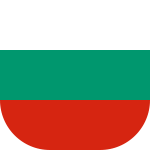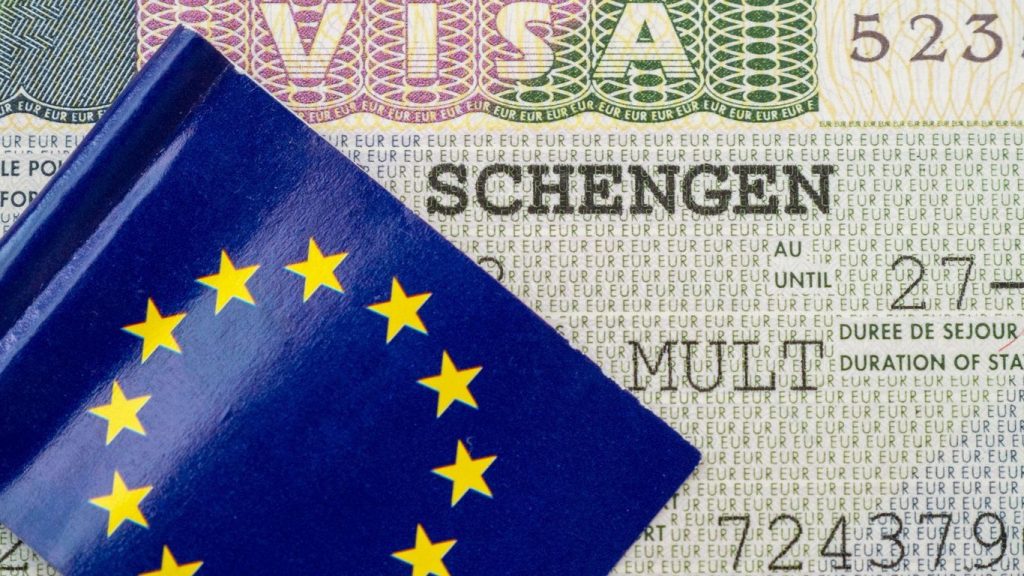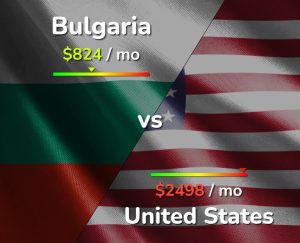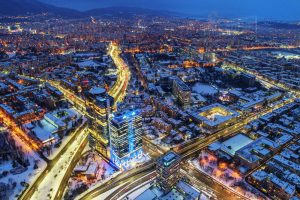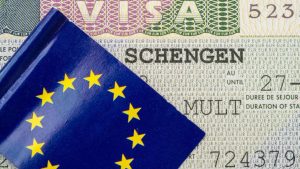Understanding the Schengen Area: What It Means for Bulgaria and Residents
The Schengen Area, created by the 1985 Schengen Agreement in Luxembourg, is a major step in European integration. Since its start in 1995, it allows people to travel freely between member countries without internal border checks. As of 2025, it includes 29 European nations, forming a large zone of passport-free travel.
Schengen Area Member Countries
These countries currently make up the Schengen Area, where travelers can move without passport controls:
- Austria
- Belgium
- Bulgaria
- Croatia
- Czech Republic
- Denmark (excluding Greenland and Faroe Islands)
- Estonia
- Finland (including Åland)
- France (excluding Overseas territories)
- Germany (including Büsingen am Hochrhein)
- Greece (including Mount Athos)
- Hungary
- Iceland (excluding overseas territories)
- Italy
- Latvia
- Liechtenstein
- Lithuania
- Luxembourg
- Malta
- Netherlands (excluding Dutch Caribbean)
- Norway (excluding overseas territories)
- Poland
- Portugal (including Azores and Madeira)
- Romania
- Slovakia
- Slovenia
- Spain (including Canary Islands, with special rules for Ceuta and Melilla)
- Sweden
- Switzerland
These countries cooperate to remove internal borders, making travel seamless across much of Europe.
Non-Schengen EU Members
While most EU countries are part of Schengen, some are not:
- Ireland — chose not to join to keep its Common Travel Area with the UK
- Cyprus — currently outside Schengen
- Bulgaria — working on meeting Schengen criteria for full membership
- Romania — also aiming for full Schengen entry
These nations maintain their own border controls and visa rules separate from Schengen.
Non-EU Schengen Members
Some countries outside the EU participate fully in Schengen, aligning their visa and border policies:
- Norway
- Iceland
- Switzerland
- Liechtenstein
What Schengen Means for Bulgaria and Its Residents
Bulgaria’s recent entry into the Schengen Area is a game-changer for residents and expats. Once you obtain Bulgarian residency, you gain access to the entire Schengen zone without border checks. This means:
- Freedom to travel for tourism, business, or study across 29 countries with just your Bulgarian residence permit
- Easier access to European markets, education, and work opportunities
- Simplified procedures for moving goods or providing services across borders
- Increased security cooperation benefiting residents and visitors alike
This expanded access enhances Bulgaria’s appeal for expats, digital nomads, and investors looking for a strategic European base.
Schengen Visa Essentials
A Schengen Visa lets travelers visit all member countries for up to 90 days in any 180-day period. You can get single, double, or multiple-entry visas depending on your travel needs. The visa application is made through the embassy or consulate of your main destination or first point of entry.
Benefits of the Schengen Area
- Free movement between member countries without passport controls
- One visa covers all Schengen countries, removing the need for multiple visas
- Boosted trade, tourism, and economic collaboration within the zone
- Strong cooperation on security and crime prevention
Challenges to Consider
- Open borders can complicate efforts to control illegal immigration
- Political differences among members can affect policy and cohesion
- Economic disparities across countries may create tensions
The Road Ahead for Bulgaria in Schengen
Bulgaria is actively working to fully integrate into Schengen, meeting all criteria for security, border management, and judicial cooperation. As Bulgaria solidifies its role, residents and visitors will benefit from smoother travel, enhanced economic ties, and greater European integration.
